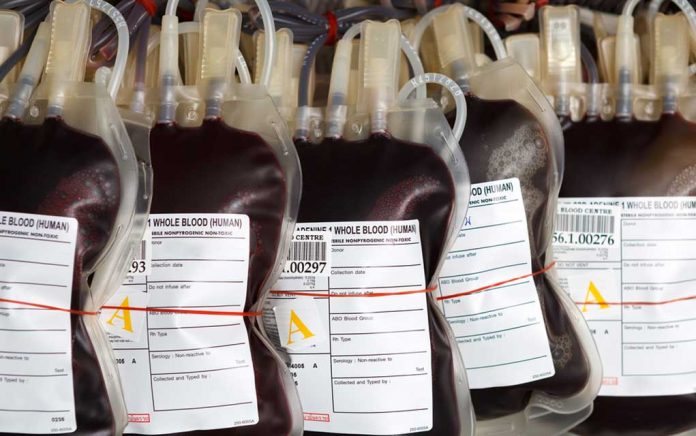
(AscendHealthy.com) – For all our medical advances, we’re still lacking on many fronts — especially when it comes to fighting viruses. As researchers race to find a treatment for COVID-19, some are turning to the past for answers. An “outdated” treatment called passive antibody therapy may become a future coronavirus treatment option.
| Quick Read: Passive antibody therapy uses antibodies from people or animals who have recovered from a virus to treat or prevent the disease in others. This is different from vaccine therapy, which exposes people to the virus itself. It is an uncommon practice these days, although it’s sometimes still used to treat rabies, hepatitis B, varicella-zoster infections and ebola. The therapy is faster to develop than a vaccine and can be used alongside other treatments with little worry about drug interactions. Researchers will need to overcome some roadblocks if they’re going to pursue antibody therapy, but it looks like a promising direction for fighting the coronavirus. See the article below for details on this exciting potential treatment option. |
See How This Old Approach to Disease Could Save Coronavirus Victims.
What Is Passive Antibody Therapy?
Passive antibody therapy spans as far back as 1890 when researchers discovered they could use the blood serum of infected horses to treat diphtheria patients. Back then, they believed they were isolating “antitoxins” that protected people from the infection’s “toxic” effects. What they were actually doing was isolating antibodies and boosting the patients’ immune defenses against their target. The technology eventually extended from treatment into prevention, which led to diphtheria “vaccination” programs.
Antibody therapy isn’t the same as modern vaccine therapy. It exposes patients to antibodies from someone who has recovered from the disease, not the infection itself. It’s uncommon in modern medicine, usually only considered for a handful of diseases, such as rabies, hepatitis B and varicella-zoster. In recent years, it gained the most attention when it was used as a treatment during the 2014 ebola epidemic.
Antibody therapy can be used alongside other treatments without the fear of any drug reactions, making it a potential asset against infections, like coronavirus, that can have doctors racing against the clock to save lives. Antibody therapy also typically takes significantly less time to develop than a vaccine.
Overcoming Roadblocks
Passive antibody therapy is a promising option, but it’s not without pitfalls. For starters, antibody therapy can lose effectiveness over time due to viral mutations, which means researchers may need to develop treatments that include several antibody variations. As a preventative, protection may last from a few weeks to a few months — not long in the face of a pandemic.
Another problem is that time is of the essence. As a treatment for active disease, studies on other viruses have shown antibody therapy may only be effective when given within the first 3 days of illness. Researchers will need to find ways around these roadblocks if this therapy is going to be a cost-effective mainstream option.
The coronavirus has many of us feeling apprehensive about the coming weeks and uncertain whether the next turn will be for the better or the worse. There are currently no proven treatment options, and vaccination candidates might not be ready for 18 months. While more research is needed, it’s possible that passive antibody therapy could be the life-saving option some people need right now. We’ll keep you posted on any developments.
~Here’s to Your Healthy Ascension!
Copyright 2019, AscendHealthy.com













